An asset of community value (ACV) is a building or piece of land that is deemed to improve the social wellbeing or interests of the local community. Examples can include village shops, pubs, libraries, community centres, children’s centres, theatres and allotments.
To be listed as an ACV the property must be nominated by an organisation with a local connection such as a parish council, neighbourhood forum, not-for-profit organisation or community group.
A building or piece of land is judged to have community value if it furthers the cultural, recreational or sporting interests of the local area.
Residential properties, their gardens, outbuildings and other associated land cannot be listed as community assets.
Right to bid
The Localism Act 2011 requires all district and unitary authorities to keep a list of properties deemed to be of community value. Typically they will remain on this list for up to five years.
If the owner of an ACV decides to sell, they must contact the council who will notify the community group that first nominated the asset.
The community group then has up to six weeks to register its interest as a potential bidder, triggering a six month moratorium period during which they have an opportunity to raise funds to allow them to make a bid on the open market.
The right to bid does not give the right of first refusal to the community group – however during the six month moratorium the owner of the ACV cannot agree a sale with anyone else.
Safeguarding important buildings
Once the six month moratorium period has finished the owner can sell to whoever and at whatever price they choose.
There are some situations where the period of moratorium will not apply. These include if the disposal of the asset is a gift, if the sale is made between members of the same family, if the land or building being disposed of is part of a bigger estate and if the sale is of a building or piece of land where a going concern business is operating, provided the sale is to a new owner who will continue the same business.
For local communities, registering a property as an ACV can keep key buildings in public use and ensure there is an opportunity to have a say over their future. For owners of such assets, it’s important to know the processes involved and seek professional advice where appropriate.
Further information
Contact Molly Eyles

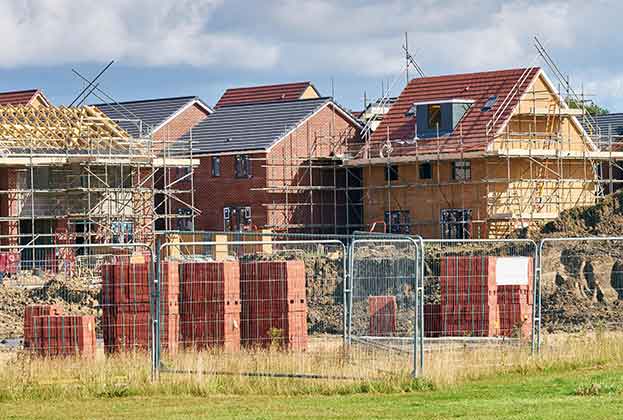
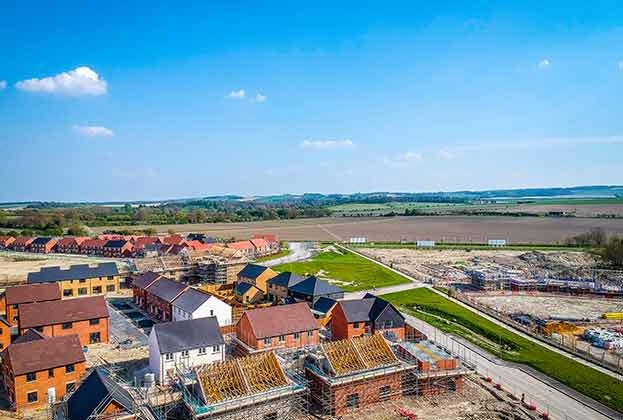
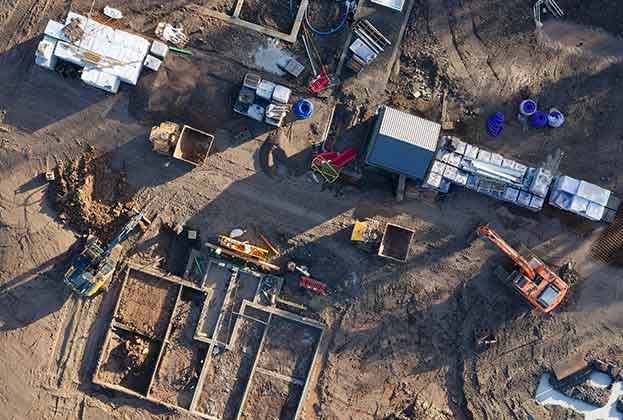
.jpg)
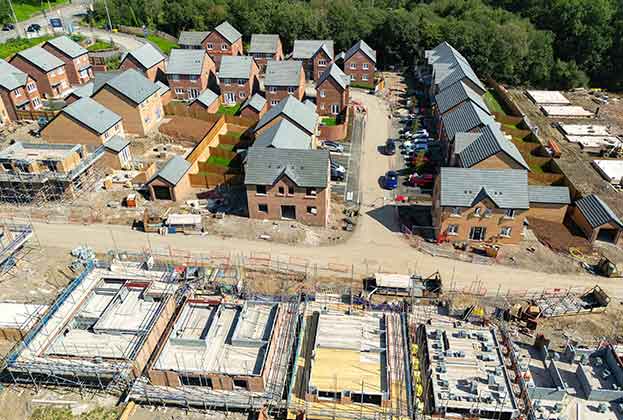

.jpg)
.jpg)
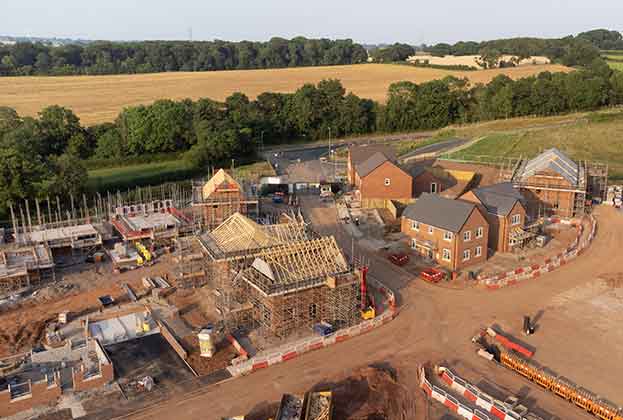
.jpg)